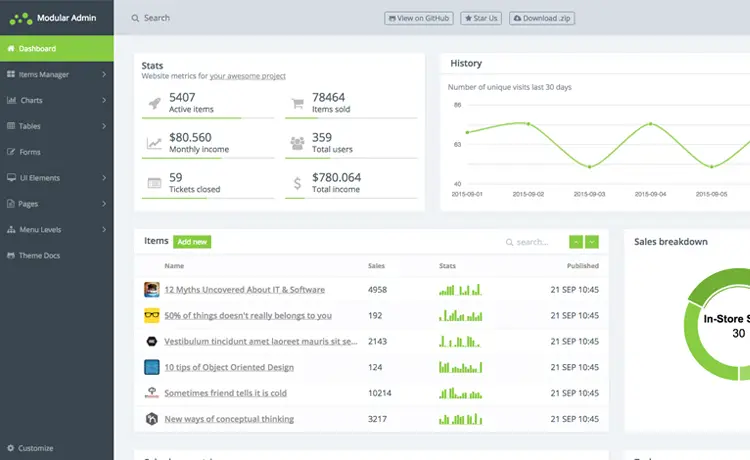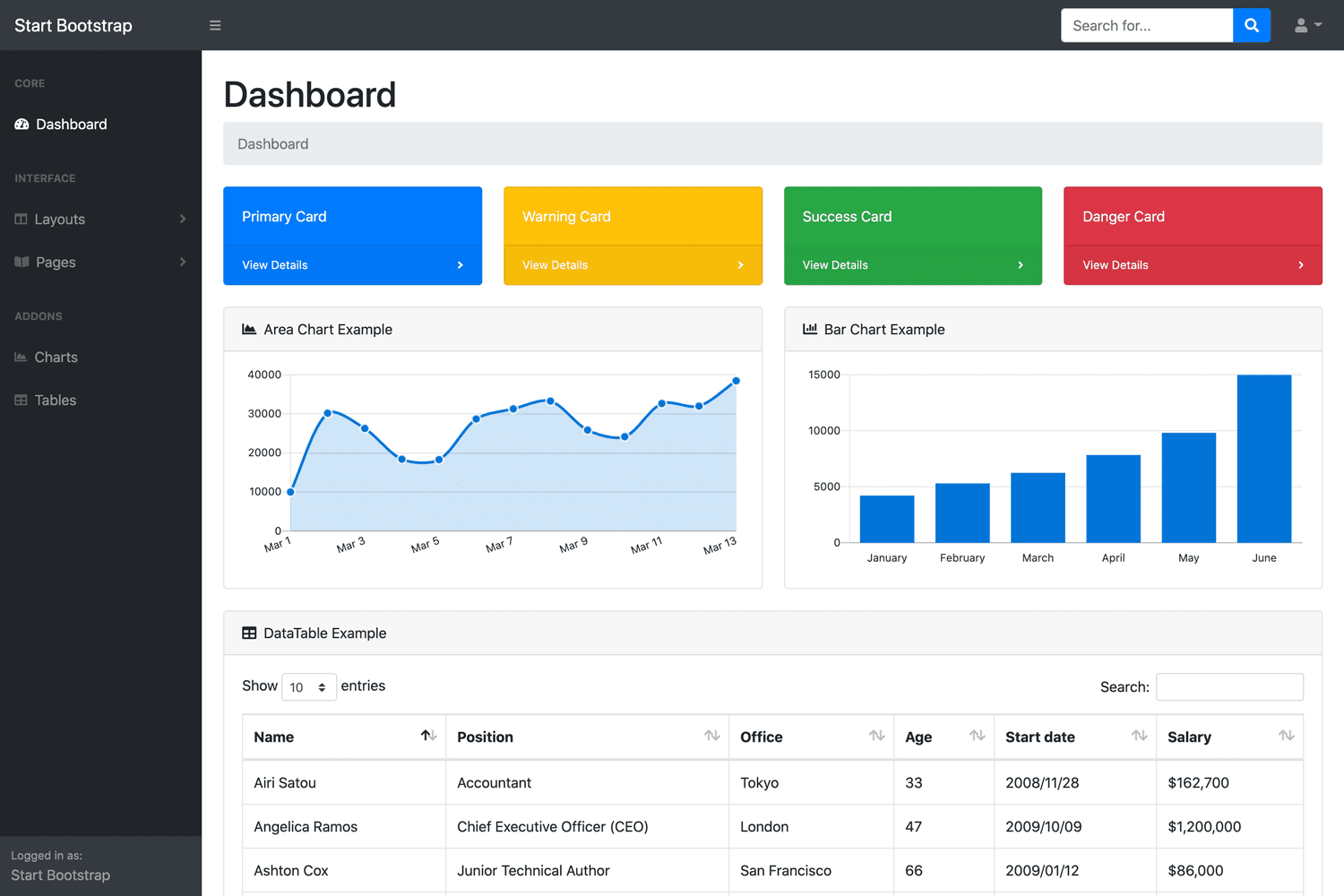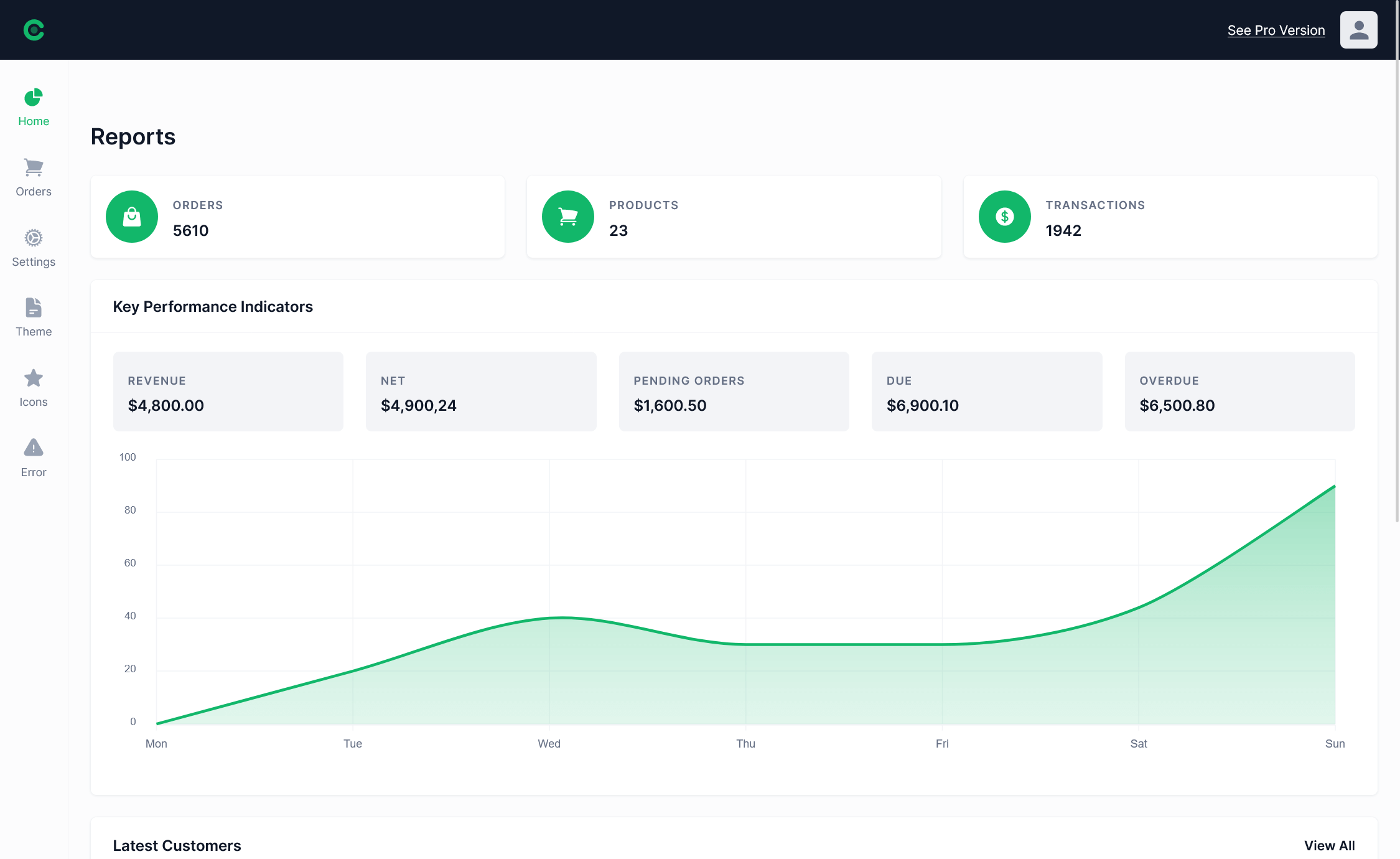How to Convert a DataTable to a List of Objects in C#
By Tan Lee Published on Feb 27, 2025 829
Step 1. Define the Conversion Method
The generic method will accept a DataTable and convert it into a List<T>, where T represents any object type.
using Newtonsoft.Json;
using System;
using System.Collections.Generic;
using System.Data;
public static class DataTableExtensions
{
public static List<T> ToListOfObjects<T>(this DataTable dataTable) where T : new()
{
List<T> resultList = new List<T>();
try
{
// Serialize DataTable to JSON and then Deserialize to List<T>
var json = JsonConvert.SerializeObject(dataTable, Formatting.Indented,
new JsonSerializerSettings { NullValueHandling = NullValueHandling.Ignore });
resultList = JsonConvert.DeserializeObject<List<T>>(json);
}
catch (Exception ex)
{
// Handle errors
Console.WriteLine("Error during DataTable to List conversion: " + ex.Message);
}
return resultList;
}
}The conversion method will allow you to convert any DataTable into a List<T>, where T can be any object type.
In this example:
Serialization and Deserialization:
- We first serialize the
DataTableinto JSON format. - Then, we deserialize the JSON into a
List<T>, whereTis the object type we wish to use.
- We first serialize the
Error Handling:
- The conversion process is wrapped in a
try-catchblock to ensure we handle any issues that might arise during the serialization or deserialization process. If an error occurs, it logs the exception and returns an empty list.
- The conversion process is wrapped in a
Return Value:
- The method returns a
List<T>containing objects of typeT, each representing a row in the originalDataTable.
- The method returns a
Step 2. Using the Conversion Method
For example, let's assume we have a Product class, and we want to convert our DataTable to a list of Product objects.
public class Product
{
public int ProductId { get; set; }
public string ProductName { get; set; }
public decimal Price { get; set; }
}
public List<Product> GetProducts()
{
string sql = "SELECT * FROM Products"; // Your SQL query
DataTable dataTable = GetDataTable(sql); // Assume GetDataTable() gets a DataTable from your database
// Convert DataTable to List<Product>
List<Product> products = dataTable.ToListOfObjects<Product>();
return products;
}
public DataTable GetDataTable(string sqlQuery)
{
// Example code to retrieve DataTable from a database (ADO.NET)
DataTable dataTable = new DataTable();
using (SqlConnection connection = new SqlConnection("YourConnectionString"))
{
SqlDataAdapter adapter = new SqlDataAdapter(sqlQuery, connection);
adapter.Fill(dataTable);
}
return dataTable;
}
Practical Considerations
Null Handling:
- The
NullValueHandling.Ignoresetting inJsonConvert.SerializeObjectensures that null values in theDataTableare ignored, resulting in cleaner conversion.
- The
Performance:
- While JSON serialization is a convenient method, it can be slower for very large
DataTableobjects. In such cases, consider using alternative mapping techniques that might provide better performance.
- While JSON serialization is a convenient method, it can be slower for very large
Schema Matching:
- Ensure that the column names in the
DataTablematch the property names in the target object class (T). If they don’t match, the JSON conversion might fail or produce incorrect results.
- Ensure that the column names in the
This method provides a straightforward and flexible way to convert a DataTable into a list of objects in C#. It’s particularly useful for developers working with ADO.NET or those who frequently need to map data from a database into custom classes.





